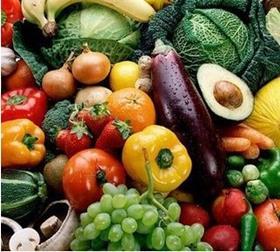
The Oxford Real Farming Conference, which rivals the original Oxford Farming Conference, sold out for the first time in its four-year history, organisers have said.
Set up as an “affordable and inclusive” alternative to the more conventional-focused Oxford Farming Conference, the ORFC was this year was attended by 650 farmers, growers, scientists and economists. Both events took place in Oxford last week.
Over half of its 22 British and international speakers were farmers, and the two-day event also included break-out sessions, workshops and debates.
One of the key events including the presentation of the Landworkers’ Alliance (LWA)’s manifesto to set out key policy recommendations ahead of May’s general election.
Resulting from 12 months of meetings with Conservative and shadow farming ministers, the LWA manifesto calls for a more equal distribution of CAP resources and a progressive national food policy.
“This manifesto gives a voice to a growing number of UK farmers who feel their views are not represented by established farming unions” said EdHamerfrom the LWA.
“Every single one of the recommendations we are calling for in this document can be achieved within the existing framework of the Common Agricultural Policy. All that is lacking is the political will within the UK government to support small-scale producers and ensure their livelihoods are not undermined by political bias.”
Well-known international soil scientist Dr. Elaine Ingham opened the conference by highlighting the importance of soil and demonstrating how good soil biology can help farmers reduce fertiliser and crop protection bills.
Another session looked at farm diversification and how farmers can increase income without increasing acres or stressing soils, plants or animals, and a marketing session guided delegates through how to sell produce directly.
Guardian environment journalist George Monbiot, who also spoke at the Oxford Farming Conference, took part in a debate on the role of sheep farming in modern agriculture.
Co-founder Colin Tudge said: “The point of the ORFC is to bring about an across-the-board shift infarming – how it’s done, what it’s for, and who’s in charge of it.
“We need to raise the status and security of farmers – and to get everyone else involved as well. We ‘re not out simply to attack the status quo – we showcase farmers and communities who already show that there are much better ways of doing things.
“But we also dig deep, exploring economic models and the kind of science that really can support the food chains that we need, and are good for the biosphere. At the heart of all the world’s affairs – social, political, economic, environmental – sits agriculture. It’s the thing we absolutely have to get right, but we have to do things differently.”



